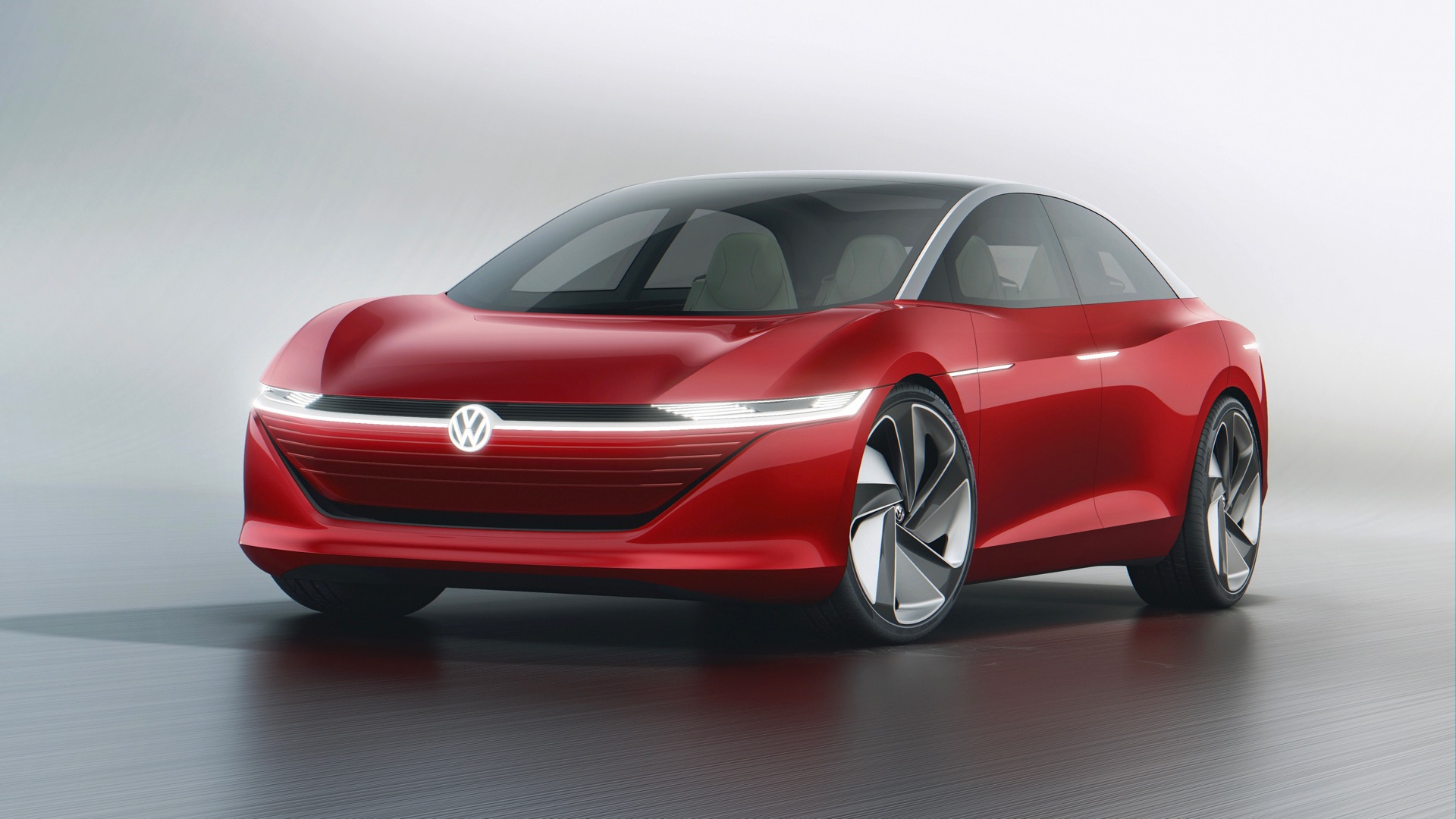

China is the world’s largest new-car market, so it already holds considerable sway over the decisions of automakers. But when it comes to self-driving cars, China could be particularly important, Christian Senger, Volkswagen’s head of electric mobility told journalists at the 2018 Geneva Motor Show.
During a media roundtable, Senger said VW expects China to adopt new regulations that incentivize autonomous cars, according to TechCrunch. China currently offers subsidies for electric cars, but it could soon do the same for cars with specific levels of autonomy, Senger said.
“Right now you need to have [an] electric drivetrain, a minimum range, and local production and then you get subsidies,” Senger said. “There are a lot of indicators that this will now change that also the level of automated driving is a required premise to get subsidies. So the future of our market success is also dependent on our self-driving abilities.”
If these new regulations are enacted, they could be a major leap forward for self-driving cars. Requiring certain levels of automation to get subsidies would stimulate development and sales of autonomous cars but, more importantly, China would have to create standards for measuring autonomy levels. That would add a new level of clarity and organization to a technology that is still very much in the Wild West stage when it comes to standards.
Subsidizing autonomous driving could be an attempt to gain an advantage in self-driving cars, just as it has tried to do with electric cars. Heavy incentives for electric cars were created in part to create a ready market for local automakers to fill. Self-driving car testing is underway in China, but the government has tried to block foreign companies from mapping the country’s roads, which could slow down their development work.
Subsidies aren’t the only advantage China may have when it comes to self-driving cars. A recent TÜV Rheinland study found that Chinese consumers are twice as trusting of self-driving cars as their U.S. and German counterparts. So, if automakers sell large numbers of autonomous cars in China, there should be healthy demand for them.